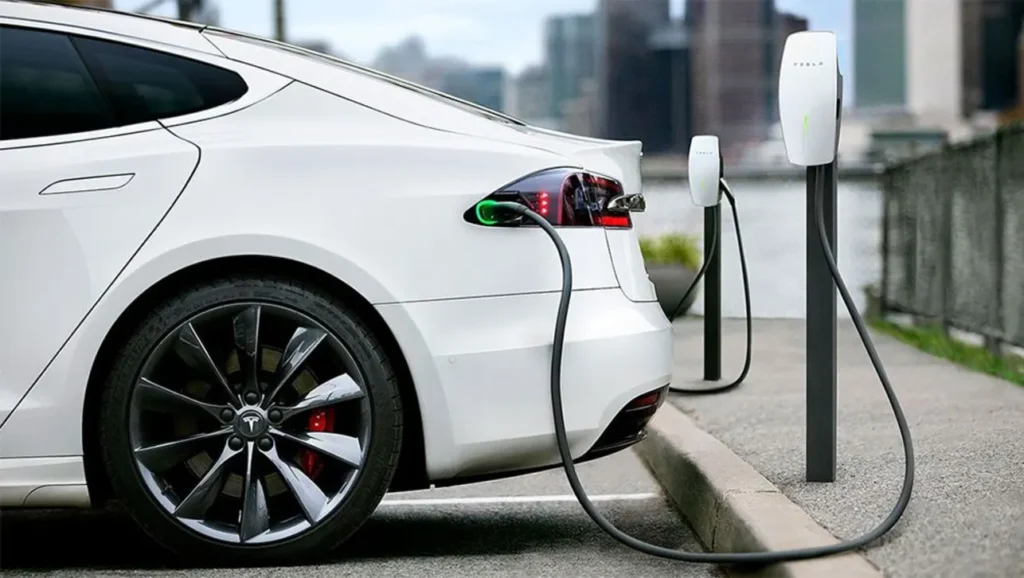
India’s JSW Group is preparing to enter the electric vehicle (EV) market with a brand-new lineup expected to launch by 2027. The ambitious initiative will be supported by China’s Chery Automobile, which will provide vital EV components and technology solutions.
Strategic Technology Transfer Deal
According to a report by The Economic Times, Chery will transfer EV technologies to JSW in exchange for a one-time fee and ongoing royalties. Notably, the collaboration does not involve equity investment—aligning with India’s policy of restricting Chinese ownership in strategic sectors. This marks the first significant tech transfer in passenger vehicles from a Chinese firm to an Indian company since bilateral tensions escalated in 2020.
JSW to Manufacture in Maharashtra
JSW will fully own and operate the upcoming EV brand, which is separate from its current joint venture with China’s SAIC Motor (the brand behind MG cars in India). The company is building new production facilities in Maharashtra, aiming to roll out its EV lineup in 2027. Additionally, it plans to launch electric commercial vehicles—including trucks and buses—by as early as 2026.
Core Development with Indian Tech Firms
While Chery will supply some model components, JSW plans to develop core technology in-house. This development effort will be supported by Indian tech players such as KPIT Technologies and LTIMindtree. JSW aims to combine global experience with domestic engineering to create a future-ready EV lineup.
India’s EV Industry Still Relies on China
Despite efforts to localize, India’s EV ecosystem remains heavily reliant on Chinese technologies—especially for key elements like lithium-ion battery cells and rare earth magnets. Even major Indian auto suppliers, including Tata AutoComp and Amara Raja, continue to depend on Chinese partners like Gotion and SVOLT for crucial components.
Conclusion: A Balancing Act Between Global and Local
JSW’s move reflects a broader industry trend—leveraging international expertise while building domestic capabilities. With a clear focus on reducing long-term dependency and scaling Indian EV production, the new brand may play a crucial role in accelerating the country’s green mobility goals.

